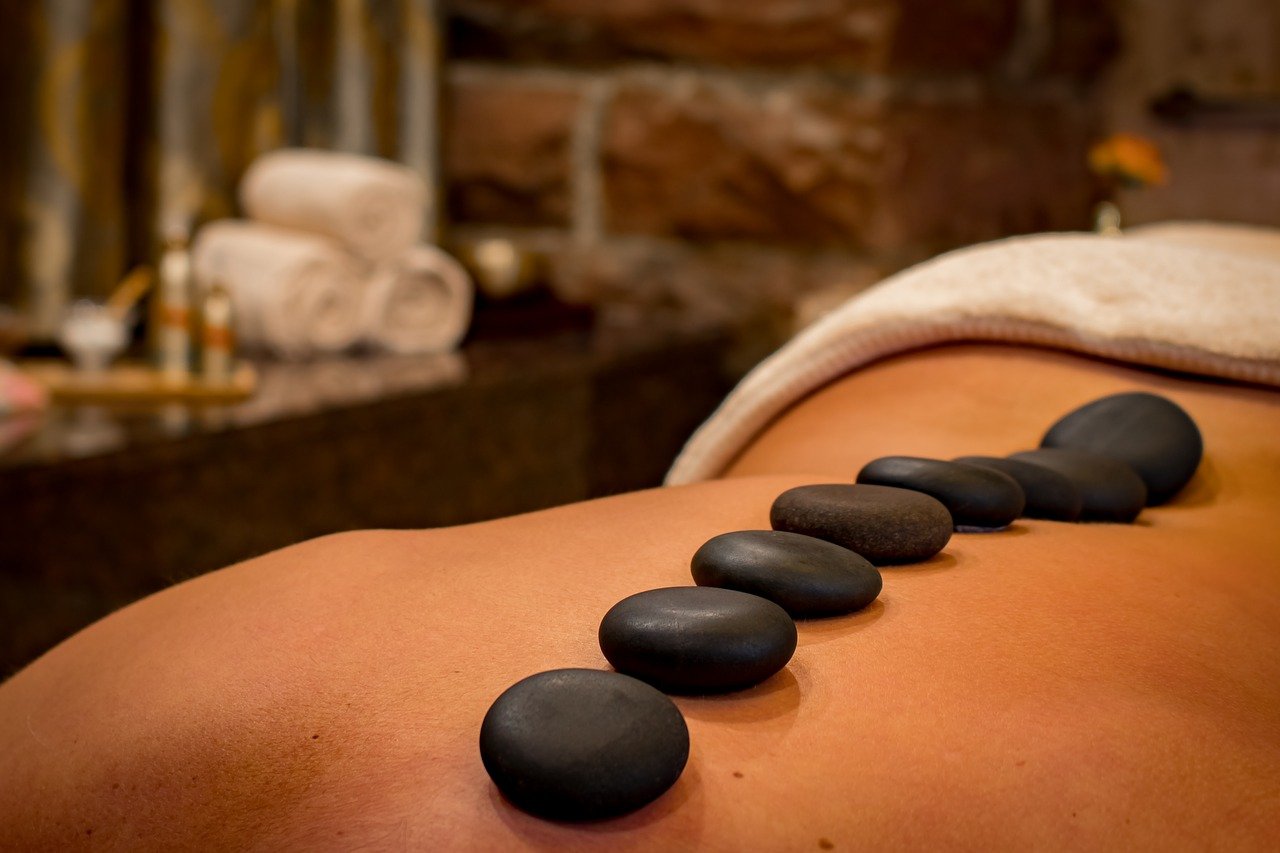| Diabetes in the UK
3.5 million people are diagnosed with diabetes in the UK which is about 6% of the population. A further half a million people are thought to be undiagnosed The Diabetes Prevention Program runs in collaboration with Diabetes UK, NHS and Public Health England and has helped 300,000 people make changes to their health that has reduced their risk of developing Type 2 diabetes Diabetes week (10-16 June 2019) raises awareness about living with and supporting those with diabetes |
Symptoms and Diagnosis
Look for the 4 T’s (symptoms of Type 1 diabetes) in children; Toilet (increased need to urinate) Thirst (drinking more than usual) Tiredness (sleeping more) Thinness (lost weight). Urine and blood tests are commonly used to confirm a diagnosis and distinguish which Type you have. |
| Management with medications
All with Type 1 diabetes (some with Type 2) need to inject with insulin (or use an insulin pump) to control blood glucose levels Those with Type 2 diabetes may be prescribed tablets or powder medication Biguanides; Metformin stops the liver releasing glucose and encourages insulin to carry more glucose into the body’s cells Sulphonylureas stimulate cells in the pancreas to make more insulin to make it work more effectively Alpha Glucosidase Inhibitors (Acarbose) slow down the absorption of starchy food by the intestine so slowing down the rise in blood sugar after a meal Prandial glucose regulators stimulate the pancreas to make more insulin (faster working but for a shorter time than sulphonylureas taken 30 mins before food) Thiazolidinediones (glitazones) reduce insulin resistance and increase sensitivity allowing insulin produced to be more effective. It also protects pancreas cells so they produce insulin for a longer period. Incretin mimetics increase incretin hormones in the body. These increase production of insulin when needed and reduce glucose production when not needed. DPP-4 inhibitors (gliptins) block the enzyme DPP-4 which destroys the hormone incretin. SGLT2 inhibitors reduces the amount of glucose absorbed by the kidneys and blood. |
Management with lifestyle adaptations
For those with Type 2 diabetes, lifestyle changes may be tried before medication is prescribed. For some people these changes may be enough to see the condition move into remission. Some people that are obese or overweight can reduce their need for medication and reduce their blood sugar levels by losing approximately 15kgs in weight. This can be achieved through lifestyle and diet changes or surgery. It is important to have a healthy balanced diet Increasing the amount of fibre in the diet is beneficial (found in wholegrains, legumes, vegetables and fruit) Calories from fats should be a maximum of 30% of the total daily calories with up to 10% from saturated fats Alcohol, Sugar and sodium intake should be restricted Diabetes UK recommends avoiding diabetic foods, although lower in sugar they are often higher in fats and not the healthiest alternative. Increasing physical activity is beneficial. Be aware of how you are feeling during and after exercise as medication may need to be adjusted to balance the glucose used by your muscles and the insulin in your body. |
Diabetes Reference Sheet

Massage
Book a lovely relaxing massage in Newhaven. Swedish, deep tissue, hot stone, aromatherapy, Indian head, pregnancy and natural facelift massage available.

Fitness
Join an exercise class in Newhaven or follow the classes online (bulk bookings available). Or arrange a personal training session at home, in Newhaven or online.

Beauty
Treat yourself to a manicure or pedicure or Shellac nails. Enjoy a relaxing facial or have a natural facelift massage. I also provide a variety of waxing services.

Wellness
Want to lose weight? Eat better? Fight food cravings? I am qualified to offer nutrition advice and to offer EFT (tapping) to help you stick to a new plan.

Holistic
Reflexology, Reiki and EFT are great holistic treatments that can significantly improve your wellbeing. I am a experienced, fully qualified and insured practitioner.
